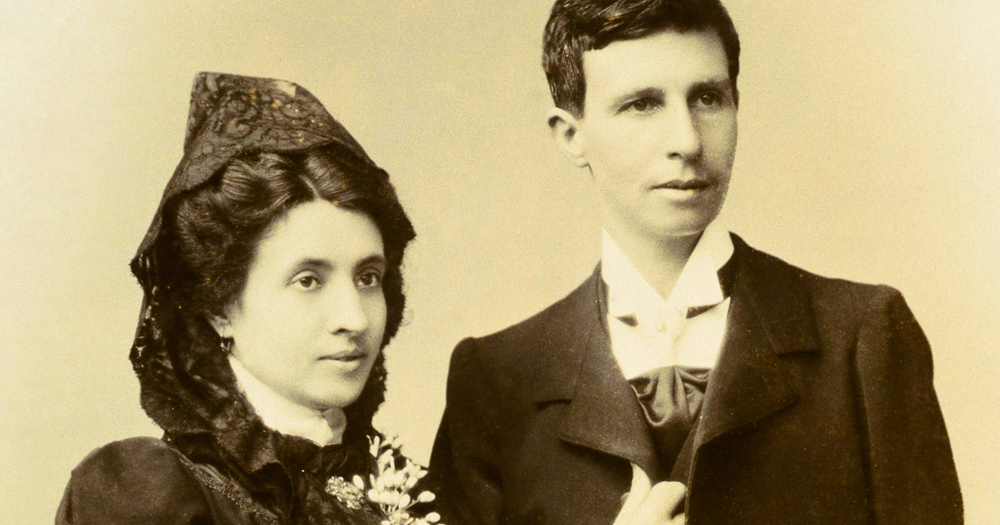Spain became the third country in the world to legalise same-sex marriage in 2005, allowing same-sex couples to wed in the Mediterranean country. However, the first legal female same-sex marriage in Spain had taken place over a century before then.
In the northern region of Galicia, Marcela Gracia Ibeas and Elisa Sánchez Loriga met for the first time. The girls were studying to be teachers, and quickly became friends – and then more than friends.
However, these types of intimate relationships were not socially acceptable in the late 1800s – as one might imagine. As a result, Marcela’s parents moved her to Madrid to finish the last of her studies and save some face.
Needless to say, the pair stayed in touch and Marcela was eventually relocated back to Galicia. It wasn’t long before they moved in together.
Were they living today, the pair could have gone on to have their happy ending from there – but due to the era, things were obviously a bit more complicated. If they wanted to live a “normal” life and get married, it wasn’t as easy as just showing up to the civil registry.
In 1901, Elisa changed her appearance and began presenting as a man. She took the name of Mario Sánchez, a cousin of hers who had tragically died in a shipwreck.
In order to get the necessary documentation to get married, “Mario” went to a local parish priest with an elaborate backstory. He claimed to have been born in London to an atheist father and therefore had never been baptised.
The priest naturally took pity on him and baptised Mario, as well as giving him his first communion. With the documentation in order, Marcela and Elisa (under the name Mario of course) got married. With that, they became the first same-sex couple to wed in Spain.
Unfortunately, their honeymoon was not to last long. Neighbours could not remain indifferent to what they saw as a female marriage without a man, and eventually, their whole story was exposed in newspapers in both Galicia and Madrid.
Both of them lost their jobs and an arrest warrant was put out in their names. When Elisa was investigated by a doctor, she claimed a doctor in London had diagnosed her as a “hermaphrodite” – an outdated term used to describe intersex people.
This was dismissed, however, and the couple went on the run. From here, historical records are unsure as to what exactly became of the couple – although it’s largely agreed that they escaped to Portugal and from there likely travelled to South America.
Last year, the film Elisa & Marcela was released based on some of the events that took place. Thanks to this film, a part of the past were rediscovered though.
An Argentinian woman found out that it’s very likely her great-grandmother was in fact, Marcela. However, what became of Elisa remains unknown.
Whatever happened between the couple, their marriage remains historic. Ultimately, it was never annulled – meaning it was still legal until the day they died.
Today, Spain is one of the most accepting countries of LGBT+ people, with even locals in small towns showing their support for the community. On July 22 2005, the first same-sex female wedding since Elisa and Marcela took place in Barcelona.
Last year, Netflix has adapted the story into a movie. Watch the trailer below.
© 2020 GCN (Gay Community News). All rights reserved.
Support GCN
GCN is a free, vital resource for Ireland’s LGBTQ+ community since 1988.
GCN is a trading name of National LGBT Federation CLG, a registered charity - Charity Number: 20034580.
GCN relies on the generous support of the community and allies to sustain the crucial work that we do. Producing GCN is costly, and, in an industry which has been hugely impacted by rising costs, we need your support to help sustain and grow this vital resource.
Supporting GCN for as little as €1.99 per month will help us continue our work as Ireland’s free, independent LGBTQ+ media.

comments. Please sign in to comment.